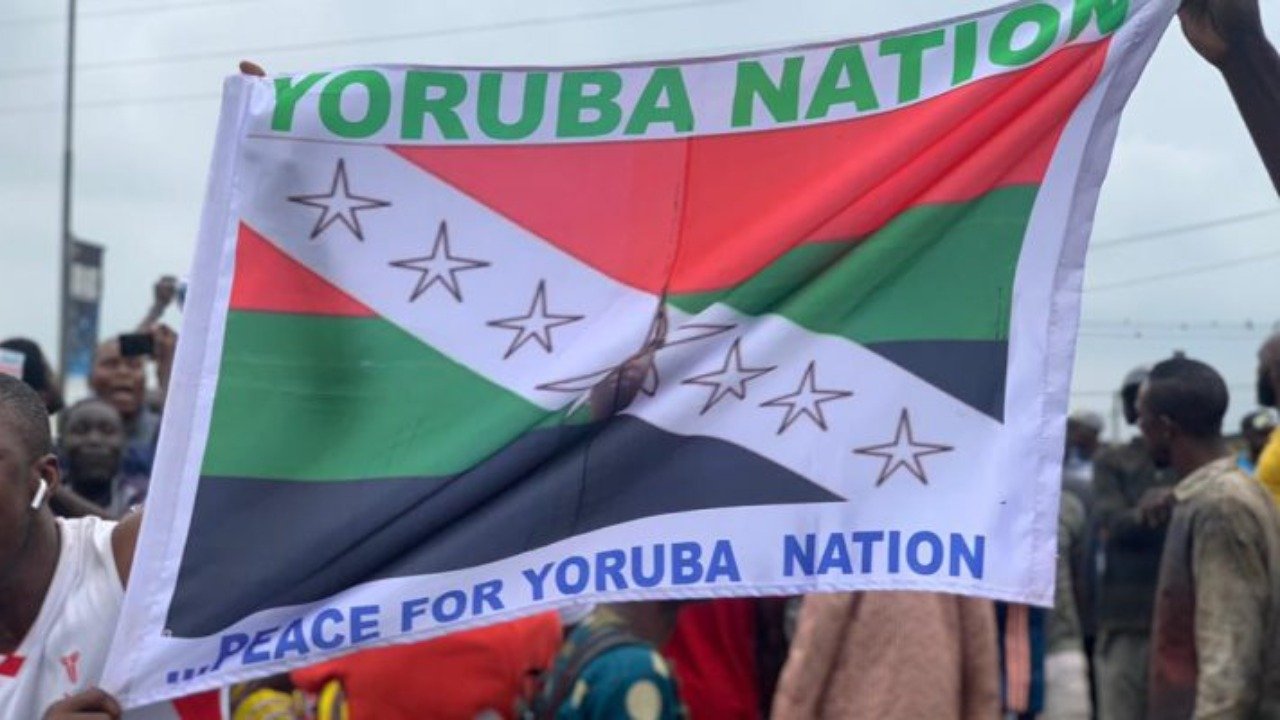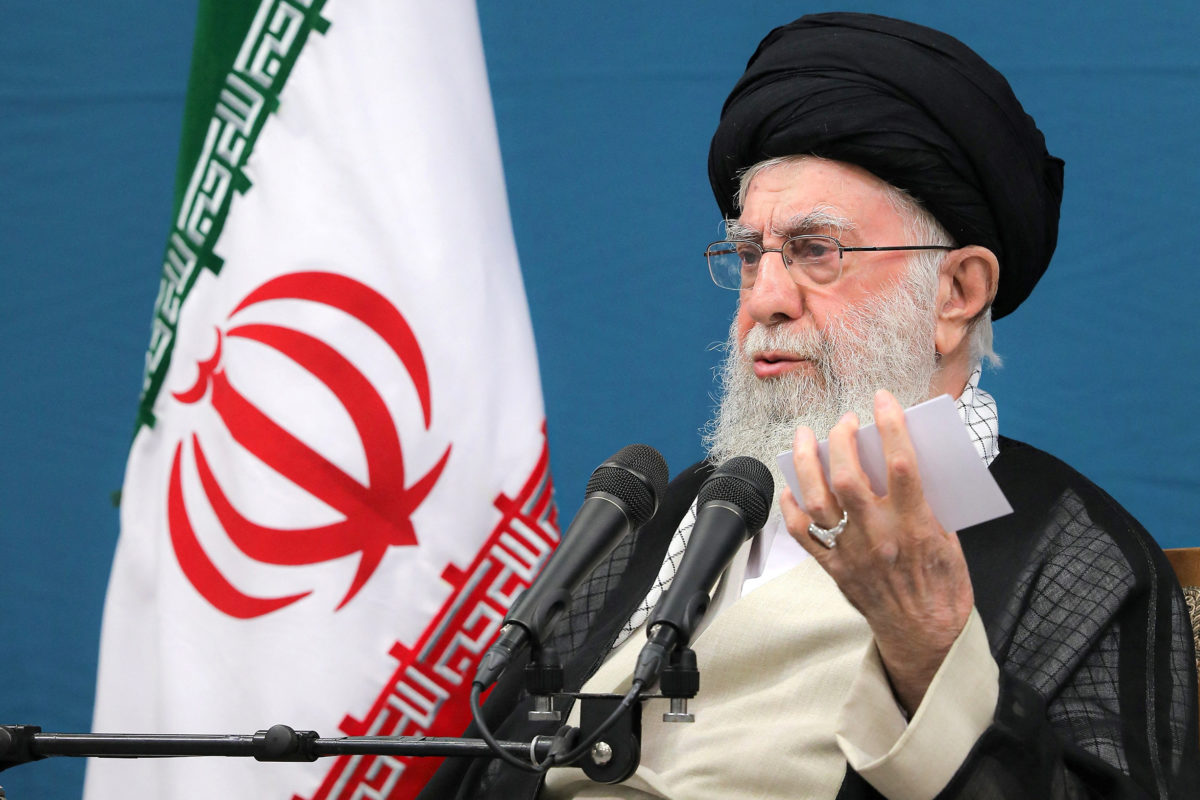By Kayode Emola
This week a friend of mine reached out to me to help him with small money for food. He said he hadn’t eaten since morning and needed me to help him with ₦1,000 or ₦2,000. At first, I wanted to ignore the message as I was swamped when the message popped up on my phone. Moved with compassion, I said to quickly send this person the money who was hungry.
Firstly, all of my bank accounts in Nigeria are either dormant or I haven’t got access to them anymore so I decided to transfer it directly from the UK pounds account into his Nigeria naira account via an app. What struck me was when I typed in £1, the exchange rate was a shocking ₦2,100. To put it in perspective, when I first moved to the UK in 2012 about 12 years ago, the exchange rate was around £1 to ₦185 and the minimum wage in the UK was £6.19, and in Nigeria was ₦18,000
Today, the minimum wage in the UK is £11.44 and the government of Nigeria is finding it hard to pay workers ₦70,000 just recently agreed with the Nigerian Labour Congress (NLC). Whilst the minimum wage is not more of an issue for me, my major concern is the standard of living of my people living in Nigeria.
Many people say the Nigerian government has weaponised poverty against the people but I beg to differ in that our people have accepted to be punished by those they put their trust in. Every successive government in Nigeria knows that the people will not do anything even if they are being led to the slaughter.
Nigerians are now so used to poverty that trying to convince them there is a better way seems to be falling on deaf ears. Former governor of Rivers State Rotimi Amaechi said he has stopped pitying Nigerians because even when you stir them up to fight their oppressors, they would rather fight you. He said the politicians are not many compared to the masses of our people who are living in abject poverty and the day we decide to stand up, the politicians will begin to do the right thing.
So, as it is, we the Yoruba people have accepted this life of pain that was once associated only with the Northern parts of Nigeria. We have become people who can’t send our children to school, or hospitals or even pay for everyday essentials because the economy has tanked. Yet, we are happy to keep quiet and suck it up.
Some may even ask, if we want to resist this oppressive rule, how do we begin to fight these so-called powerful politicians holding the economy to ransom. The answer is very simple, in that to solve any problem we need to understand what caused the problem in the first place. Nigeria as a country today wasn’t built as a country to unify a people. It was built as a trading post to ferry out goods for the pleasure of the Western world and their own advancement.
Therefore, any attempt to make a market hub into a home will definitely not end up well for those who inhabit it. Imagine trying to lay your bed in the market square and hoping to get a beautiful rest, I just don’t see how that will be possible. Britain who amalgamated Nigeria knows too well that Nigeria cannot function as a country, seeing that they have first-hand experience of the so many wars in Europe due to forceful amalgamation. Examples are Sweden/Norway/Denmark and Czechoslovakia just to mention a few.
However, when we try to explain to our people that every nationality should go their separate ways, our people often think it is because we don’t love Nigeria. On the contrary, it is because we love Nigeria and its people we are asking for separation. If we don’t love Nigeria, we will keep quiet like the millions of people suffering yet smiling.
Nigeria has gone beyond repair and anyone still praying to God for Nigeria is living in fool’s paradise. There is no remedy for this present Nigeria than total dissolution and the leaders know it. So long as our people are comfortable with their oppressors, the situation will only get worse.
Logic will suggest that when someone is pushed to the wall, they will be forced to react. Personally, I don’t think my Yoruba people or any other ethnic nationality in Nigeria will be forced into a corner. I guess they will continue to look for a new corner to hide, enduring the pain until life is no longer liveable for them.
We need to understand as Yoruba that we can do better than this. There is a better way to manage our economy than how Nigeria is run today. Our people need to understand that Nigeria has nothing to offer us, and we need to call it a day as quickly as possible.
The earlier we gain our independent Yoruba nation, the better our chances of experiencing a better life and passing on something to the next generation. The current political class only thinks of themselves and their cronies in present-day Nigeria. Until we stand up to them and demand what truly belongs to us, they are not ready to let go.
It is therefore, imperative that the tens of millions of our people living below the poverty are mobilised to demand their rights. If not, the near future looks bleak and the future of those coming behind is not guaranteed. I wish and hope that our people will do the needful and stand up to these political bullies holding our independent Yoruba nation to ransom in the name of their own personal gain.


 Headline5 days ago
Headline5 days ago
 Featured5 days ago
Featured5 days ago
 Featured5 days ago
Featured5 days ago
 National5 days ago
National5 days ago
 Featured3 days ago
Featured3 days ago
 News3 days ago
News3 days ago
 Headline3 days ago
Headline3 days ago
 Entertainment3 days ago
Entertainment3 days ago












